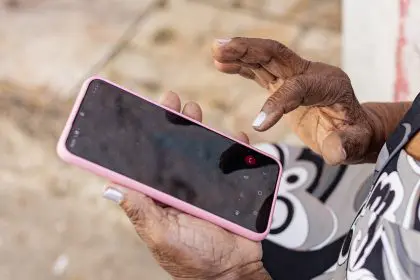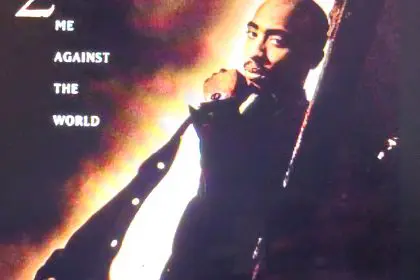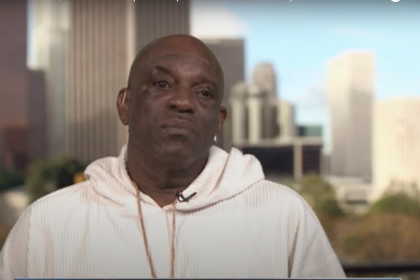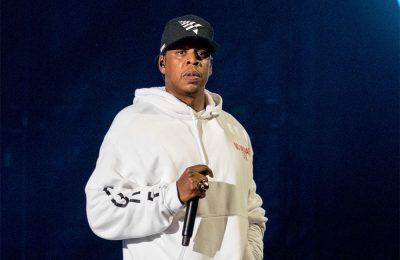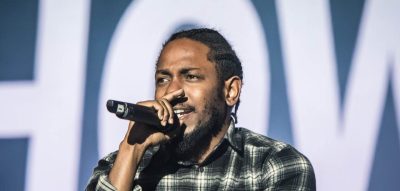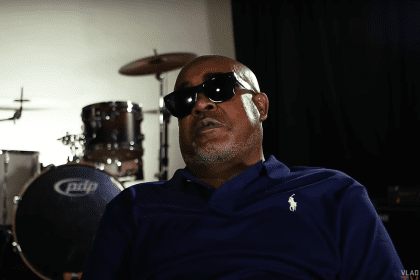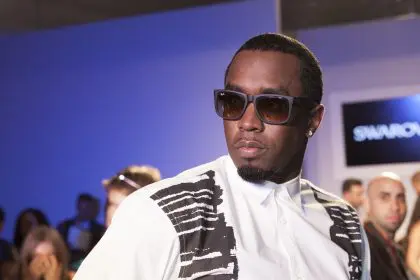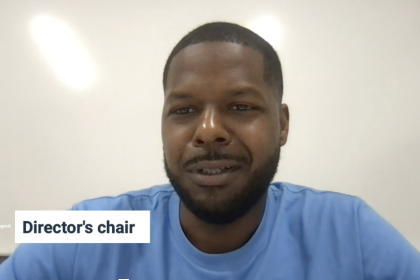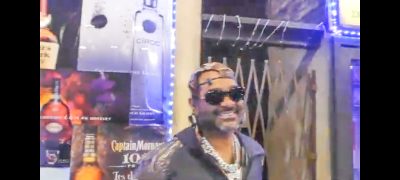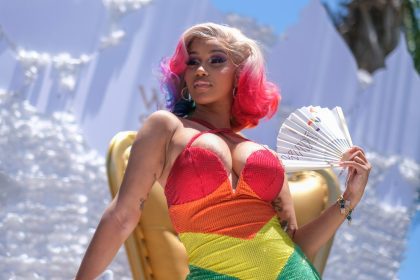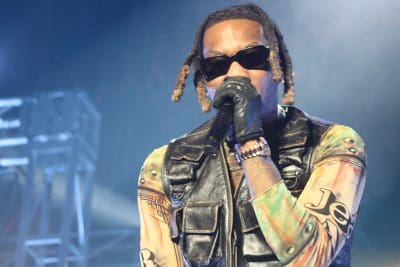
The reason that Tupac Amaru Shakur is considered the greatest rapper of all time by many hip hop heads is not because he was the most awe-inspiring wordsmith or could torpedo phat phrases out of his mouth with machine-gun quickness, ala Twista or Bone Thugs-n-Harmony.
It’s because he was a word warrior wrapped in radicalism and hard street life. He was a force of nature in the studio. He was the quintessential black man whose potent poems took you on a corkscrew rollercoaster ride of emotions, and he was peerless with his range in that he could bust a prose that encompassed the entire spectrum of experiences of black America – sometimes all in one song [“That’s the Way it Is”]. It helped that he is the product of black revolutionary royalty – his mother was a Black Panther and Assata Shakur sought political asylum in Cuba – and many of his moving messages seemed like they were extracted from the pages of Sixties literature. He was the most extreme version of a funnel of contradictions that resides in all of us – diametrically opposing forces that pull us in different directions. Just listening to the opening booming bass beats of “So Many Tears” is a straight mood jolter for me.

